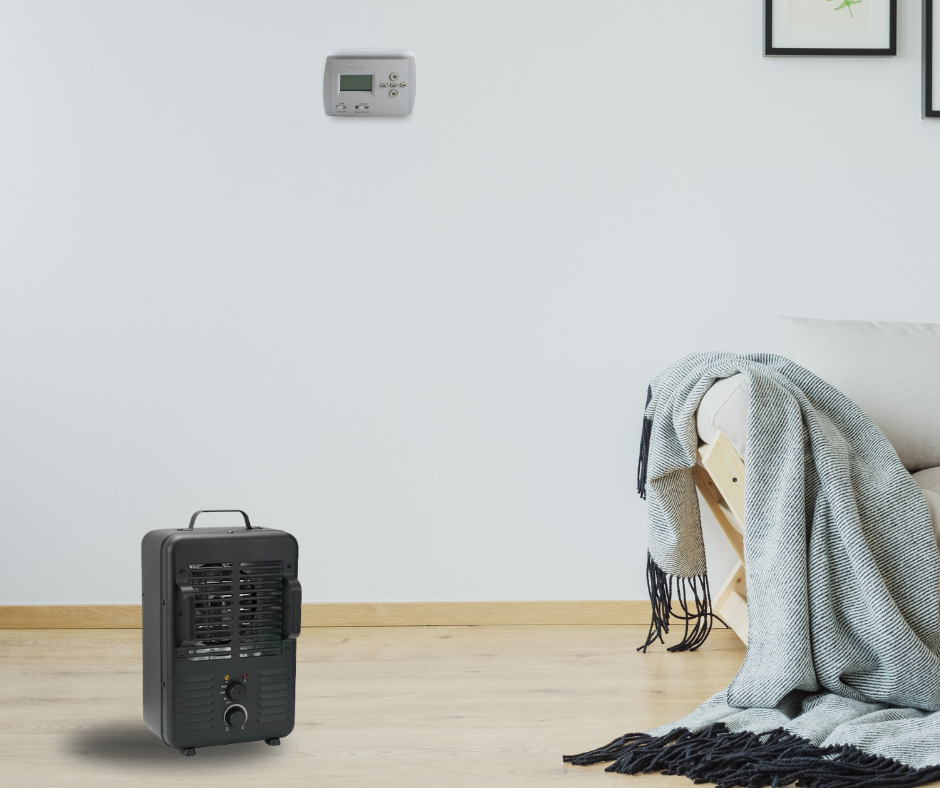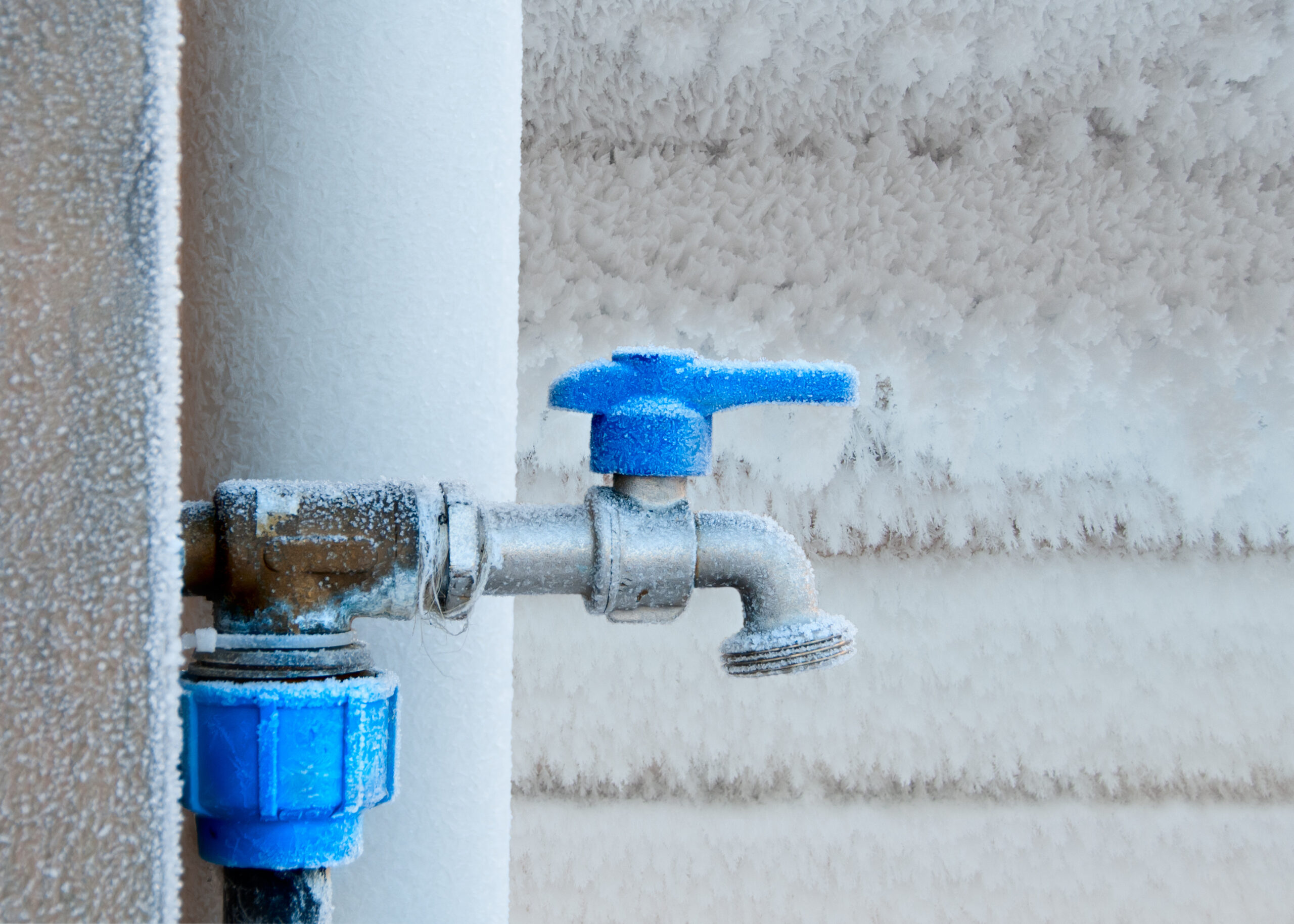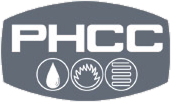Learn how proper insulation can improve comfort, reduce energy costs, and enhance HVAC system longevity. Keep your New Jersey home cool and energy efficient with insulation upgrades from Princeton Air.
For many homeowners, especially those living in older homes, maintaining a comfortable indoor temperature during the hot New Jersey summers can feel like a losing battle. Despite running air conditioners non-stop, the cool air seems to slip away, the sweat pours down your brow, and energy bills skyrocket. If you’re searching for a solution to keep your home cool without increasing your energy costs, it’s time to consider the role your insulation plays in keeping your cold, conditioned air inside your home.
How Insulation Works
Insulation acts as a thermal barrier that slows down the transfer of heat. During summer, the sun heats your home’s exterior, and without proper insulation, this heat penetrates into your living spaces. Insulation helps block this heat, keeping your indoor environment cooler. The effectiveness of insulation is measured by its R-value, which indicates its resistance to heat flow. A higher R-value means better performance.
Types of Insulation:
There are several types of insulation. Two of the best-performing insulation materials are:
- Cellulose: Made from recycled paper and treated to be fire-resistant, cellulose insulation is blown into attics and walls, providing excellent coverage and reducing air leaks.
- Spray Foam: This type of insulation provides a high R-value per inch, and expands to fill gaps and cracks, creating a strong air seal. It is ideal for hard-to-reach areas and can significantly improve energy efficiency.
Where Homes Need Insulation
Attic Insulation
Your attic is a key area for insulation. The sun heats your roof, and without proper insulation, this heat can radiate into your home. Adding insulation to your attic prevents this heat transfer, keeping your home cooler and easing the load on your cooling system.
Basement and Crawl Space Insulation
Insulating the area underneath your home prevents the infiltration of contaminated air and unwanted temperatures that come from the crawl space or basement, often replacing the air leaking out of the top of the home.
Air Sealing
Complementing insulation with air sealing ensures that small gaps and cracks in your home are sealed. This prevents warm air from entering and cool air from escaping, enhancing the effectiveness of your insulation and improving energy efficiency.
Benefits of Insulation
- Increased comfort
- Stable temperatures
- Decreased energy costs
- Improved HVAC system longevity
- Reduced carbon footprint
Bonus Benefit: Reduced Risk of Ice Dams in Winter
Insulation will make your home cooler in the summer and warmer in the winter, and it will also reduce the risk of ice dams forming on your roof. Ice dams form when the heat from your living space rises up to heat the underside of your roof, melting any snow accumulation above. That melted snow drains to other colder parts of the roof, where it refreezes and creates a dam. A well insulated attic prevents this from happening, and prevents the moisture damage that can occur when ice dams form.
Why Choose Princeton Air?
At Princeton Air, our comprehensive insulation and air sealing services are designed to improve your home’s energy efficiency and comfort.
Our expert team can assess your current insulation levels and recommend the best solutions to keep your home cool. We use high-quality materials and proven techniques to ensure optimal performance. In addition to insulation, we offer top-notch HVAC services, providing a complete solution for your home’s comfort needs.
By combining insulation with our HVAC expertise, Princeton Air ensures that your home remains cool and comfortable without the burden of high energy bills. Contact us today to learn more about how our insulation and air sealing services can transform your home.










